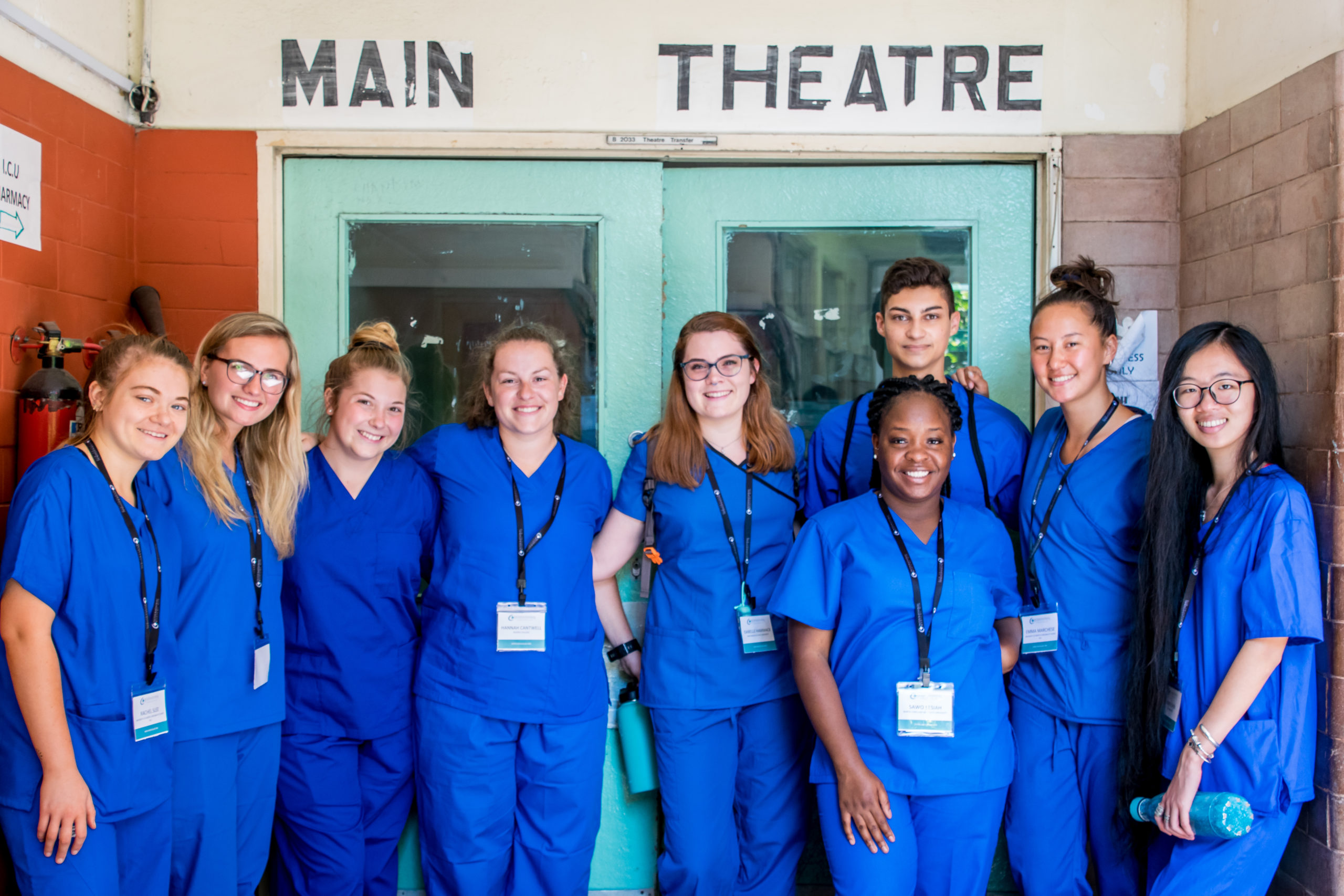Food science is a broad discipline concerned with applying scientific studies, such as biology and chemistry, to understand how food production works and how to improve it for the benefit of consumers. Simply put, food science has made many of today’s food conveniences possible: frozen food, canned goods, microwave meals, snacks and other instant food products.
It’s an in-demand profession expected to grow, with the increasing salaries as well as job satisfaction in this field. In a recent survey, it was shown that the median yearly salary of food science careers has risen by more or less 80% since 1993, with some employers paying as much as six figures. As such, food science is an exciting field to be involved in, especially on the internship level.
Whether doing their internships abroad or close to home, food science interns may eventually find themselves in one of the following lucrative careers.
Flavorist
A flavorists, also known as a flavour chemist, is an expert at creating natural and artificial flavours in food production. This job stems from one of the – if not the biggest – disadvantages of food processing: flavour loss during the process.
As their job revolves around concocting and selecting flavours for food and beverages, flavourists must have a keen sense of taste and smell. They also must be unafraid to encounter something new to the table, no matter how it’ll turn out.
Internship for flavorists generally includes a five-year apprenticeship to learn the nuts and bolts, often with small-time flavor houses. The profession is in such high demand that the overall yearly salary and bonuses can amount to around $158,500, one of the highest in the field.
Food Engineer
Food engineers are responsible for overseeing the safety and efficiency of food processing and packaging procedures. While considered a field of food science, food engineering is concerned with technical aspects like quality assurance and packaging more than scientific ones. However, they work with other food scientists as food engineering overlaps with other disciplines.
A food engineer must have a background in both food science and engineering. In some cases, they may find themselves assessing a manufacturer’s extensive production chain, including the facility and the machinery it employs. Manufacturers depend on their expertise to ensure their products don’t cause undue harm to consumers.
Like flavorists, the median overall salary and bonuses for food engineers are six figures. One recent estimate pegs the figure at around $105,000.
Nutritionist/Dietitian
Taking a nutrition science course can lead to either a nutritionist or dietitian career. Most people use these two terms interchangeably, given they both tackle health issues regarding food and diet. However, they have several distinctions, one of which is their legal titles.
To be considered a dietitian in the US, one must complete the criteria required by the Academy of Nutrition and Dietetics. One of these involves an internship of between 900 and 1,200 unpaid and supervised hours in four practices: clinical, food service, community, and research. They’re also required to possess board certification, at either the federal or state level.
Meanwhile, a nutritionist has a broader definition in some countries – the US included to some extent. Not all states require nutritionists to be board certified, meaning anyone simply interested in nutrition can call themselves as such. However, it pays for aspiring nutritionists to get board certification to gain credibility in this line of work.
Either way, nutrition science jobs are no less lucrative than their peers in the food science sphere. The median overall salary and bonuses per year are estimated at $95,000, with a chance to command a higher figure if board certified.
Food Product Developer
Food product developers come up with new food products to sell on shelves. A developer may come up with dozens of ideas, but stringent gatekeeping throughout the process means only one or two may make it to launch.
Because of this, a developer must have a penchant for thinking of something new, no matter how far-fetched the idea may appear at first. The profession also requires keenness for sensing market gaps to help manufacturers exploit them. Sources of ideas include food magazines, food blogs, food TV shows or whatever food everyone’s talking about on social media.
Food product developers’ median yearly salary and bonuses are estimated at $85,800. But the concepts they introduce eventually become indispensable to other disciplines, so their job is no less important than the rest on this list.
Conclusion
The huge salaries and bonuses these careers offer point to a promising future in food science. Interns should treat every hour or day of learning in this broad discipline as a step closer to helping make food and drink more enjoyable.



